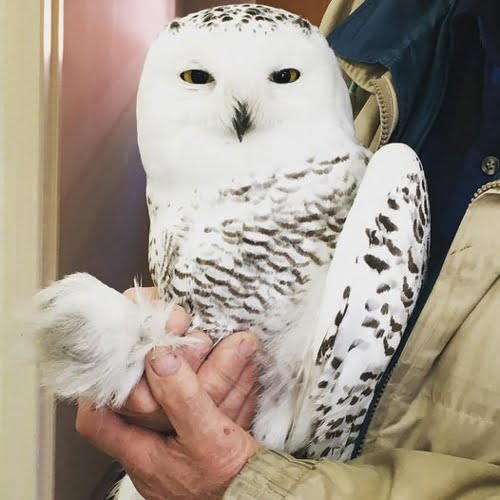
Wildlife Animal Services

We provide services for birds and wildlife injuries. If you find a wild animal that is not seeming well, we recommend you call one of the Rehabilitators listed below. Many times they can make recommendations for the animal’s needs depending on the circumstances.
We work with local rehabilitators to ensure that wildlife are cared for and released back into their environment. You can always contact the Mass Wildlife for any concerns of an animal.
Mass Wildlife Ph: (508) 389-6300
Mon-Fri 8:00-4:30pm for Questions
Before Bringing in your Wildlife to the clinic. YOU MUST CONTACT A WILDLIFE REHABILITATOR TO ARRANGE TO HAVE YOU BRING IT TO THEM AFTER WE EXAMINE THE WILDLIFE. We will not taking in any wildlife that does not have pre-arrangements made with a rehabilitator. We are not able to house wildlife or make arrangements with the availabliity of all rehabilitators or to transport the animals for you.
We would like to take this time to thank Tom Ricardi in particular for all of his dedication working with raptors in the community. Many clients have seen Tom give demonstrations and appreciate how he shares his knowledge, while helping so many birds. Thank You
List of Local Rehabilitators in our area:
- Tom Ricardi: (413) 369-4072 Conway, Raptor’s Wild Birds
- Julie Ann Collier: (413) 549-8164 Leverett, Raptor’s only
- Cliff Thayer: (413) 369-6946 Williamsburg, Mammals, Reptiles, Turtles
- Sarah DeJesus: (413) 210-2411 Florence, Rabbits
- Kathleen Emery: (413) 207-3020 Huntington, Squirrels
- Susan Liejek: (413) 255-0648 Granby, Squirrels, Opossum
- Laura Hebert: (413) 659-6628 Erving, Skunks, Rabbits, Squirrels
- Madeline Nagy: (413) 349-8367 Hatfield, Small Mammals, Non Migrating Birds
- Judy Pasko: (413) 695-6854 Cummington, Song Birds, Rabbits
- Amelie Dricot-Ziter: (617) 301-2039 Leyden, Mammals
- Tufts Wildlife: (508) 824-4319 Grafton MA
A few things to keep in mind if a wildlife bird falls out of a nest, many times the rehabilitator suggest to not handle the bird and to keep an eye on it, rather than remove the bird from it’s environment. In a case like this call for advise.
We are also hearing of new cases of the Avian Flu with particularly, Eagles, Crows, Canadian Geese and migrating birds coming to Mass. Most birds are scavenger feeding birds that are spreading the virus. We do recommend to use cautions if you see a sick bird and or a dead bird in your environment. Tufts University has been working on testing these birds along with the state tracking these cases. Avian Flu can be harmful to Humans and Caution is advised. You can look online for more state updates.


